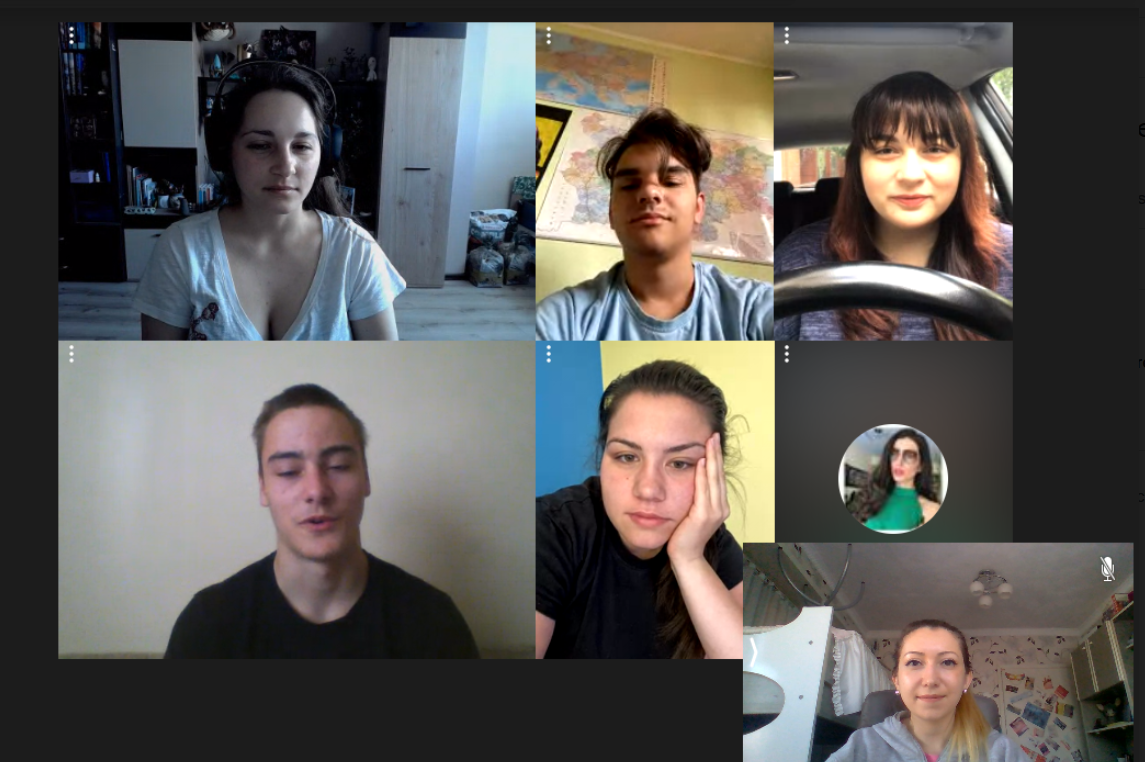Focus Group
Project “YOUth Ambassadors of Non-Formal Learning”
Country: Bulgaria
Facilitator: Raya Tsvetkova
Organisation: The Future Now Association
Date and Location: 22.05.2020 Messenger video call
Duration: 1.5h
Participants: 6, who have participated in non-formal education activities
List of questions for Focus Group
- Do you think for NFE is important age, gender, nationality?
No, everyone can benefit from NFE and can learn something. The motivation is better in the NFE environment.
Especially for young people, NFE can provide practice and can teach young people more about life than teachers and school do. (Also a discussion arose about the unproductive nature of formal education as it integrates too many unnecessary materials and too little mentorship and practice, which they feel is much more useful to the development of people.)
Regarding nationality – it matters as far as language and understanding is concerned (language as a barrier). Further, differing culture could be a factor that could prevent proper learning but can also be a spark for better mutual understanding.
- What does NFE mean to you? Can you define?
– perfecting yourself;
– personal development;
– learning by your own desires;
– meeting new people;
– personalization of education;
– extremely important;
– new perspectives;
– more motivating;
– weaknesses can easily be fixed (unlike in formal education);
– especially now, NFE means so many new opportunities.
- Have you ever been a participant in an NFE program? If yes – in which one?
Yes, all participants have been participants in NFE programs.
Some of them are a part of a program called Teenovator, which supports young people in developing their entrepreneurial skills, providing them with mentor support, start-up development and access to investors.
Other programs they noted were TFN activities (Dare to Care) and an Erasmus+ project in Sweden, related to a mentoring program in a school.
- Do you know something about Youth Law / Strategy / Action Plan, as well as other documents related to youth?
The participants all said that they don’t know anything about these documents, some pointing out that they believe there is nothing present. All participants agreed that structure is needed and would help the popularization of NFE and its development.
- Have you ever participated in the youth decision-making process? If yes, in which one?
One explained involvement in a Students Union in her university. Through that, the students had a more direct influence on the politics of the university and could get in a better dialogue with the institution.
One noted involvement in the School Municipality Council, which functions in the town of Vratsa and unites representatives of all schools in the town and region.
- Do you think that more support from the Government is needed to improve the status of young people and in the NFE sphere? If yes, what are the benefits of this, and what are the disadvantages?
Resounding yes from the participants. Some additional suggestions were:
– there needs to be less corruption and more opportunities for learning;
– the inclusion of some form of non-formal education in the formal systems could work to popularize and develop NFE;
– including mentors from different fields of work in the learning process (as a NF method in a formal system) could introduce students to potential future professions and give them very valuable motivation;
– the government could create campaigns with which to explain and promote NFE or encourage municipalities to be a driver of NFE in their local communities;
– the government should be supporting and financing NFE programs and trainers;
– experimenting with the educational system to tweak it, like NFE does, could greatly benefit it (taking the good examples and integrating them into FE);
– integrating the learning and practicing of soft skills in education is very important for the development of young people, so NFE could supplement that;
– NFE as a way to learn about responsibility in young people’s lives (managing their time and their tasks, setting priorities, etc.).
- Does NFE activities help you for your personal development. If yes, how? If not, why?
All participants said yes and added:
– improving motivation;
– improving social skills;
– teaching about conflict management and conflict resolution; team work and communication skills;
– management skills and delegation skills.
- For you, why is it important to be involved in activities through non-formal education?
– Personal and professional development;
– Meeting new people;
– Expanding your culture and your understanding of other cultures;
– Learning by doing;
– Feeling more human – finding yourself;
– Life-long learning (not stopping with formal education);
– Travel opportunities.







